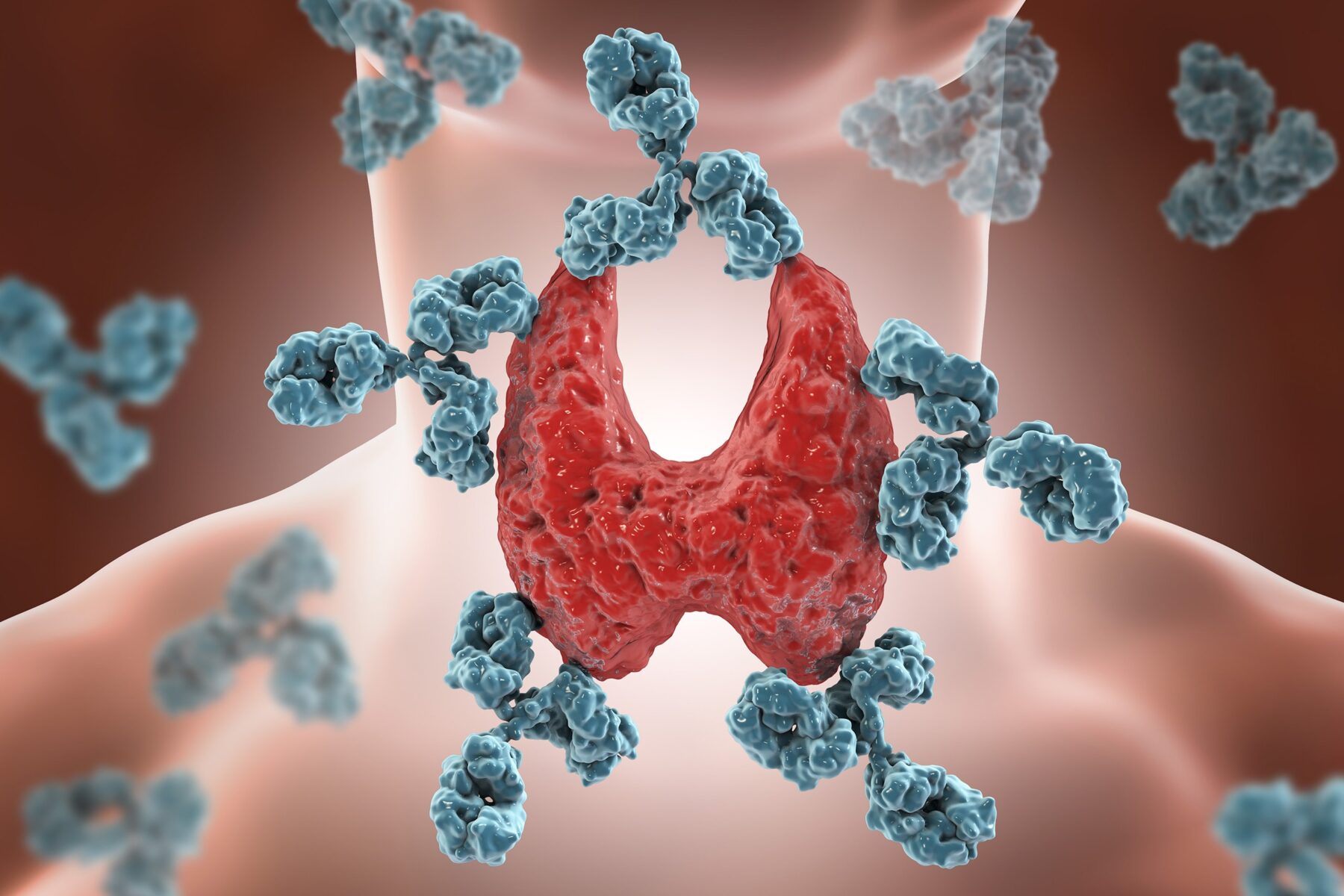An Autoimmune Disease, also known as autoimmune disorders, cause the immune system to attack the body’s healthy tissues due to an unknown trigger.
The immune system is programmed to protect the body against foreign bodies such as germs, viruses, and bacteria. When it senses the presence of these foreign invaders, the brain signals the body to send out the fighter cells, known as antibodies, to attack them.
In normal cases, the immune system can tell the difference between foreign bodies and the body’s own cells, but in the case of autoimmune disease, the immune system mistakes a part of the body, such as the skin, joints, or an organ as a foreign body and attacks these otherwise healthy cells instead.
Healthy cells, when faced with these attacks weaken over time, thus reducing the body’s overall immunity and capability to fight against threats of real diseases. Frequent fatigue, delayed recovery, and other such symptoms mark the presence of autoimmune disease in individuals.
While some autoimmune disease target just one organ, such as Type 1 Diabetes attacks the pancreas, other types of autoimmune disease attack the whole body, which is the case in a person suffering from Systemic Lupus Erythematosus (SLE), a. a condition that affects the entire body.
What causes the immune system to attack the healthy cells is still unknown. Some kinds of autoimmune disorders are common among certain ethnicities. For example, Native Americans, Latin Americans, and African Americans are at a greater risk of developing autoimmune disorders as compared to Caucasians. Some other types of autoimmune disorders run in the family, like the case of lupus and multiple sclerosis. While not everyone in the family might develop the disease, they will have a higher susceptibility to the disease than others around them.
Researchers suspect environmental factors, infections, exposure to chemicals, genetics and even lifestyle to be some of the causes that lead to autoimmune diseases.



